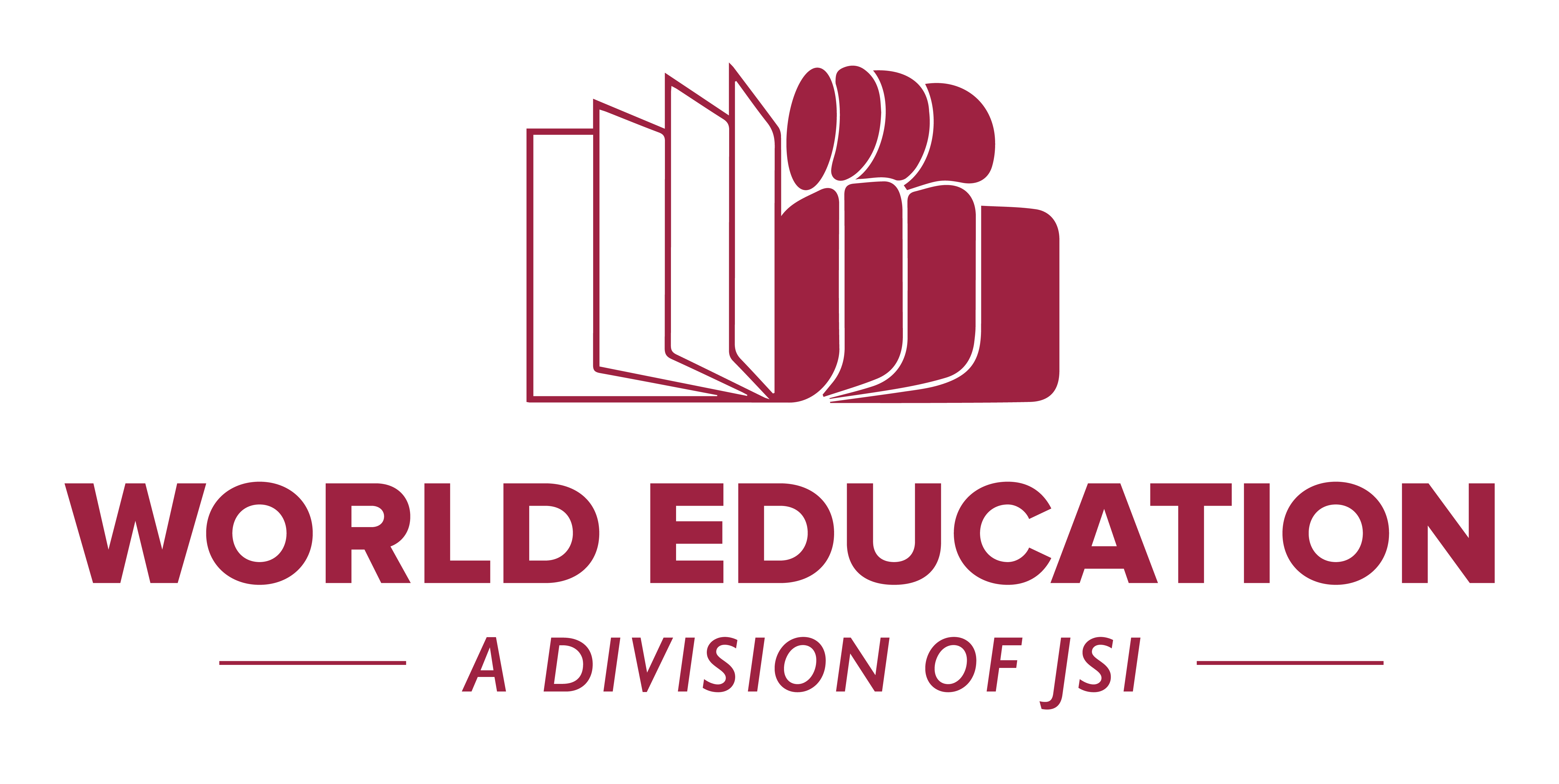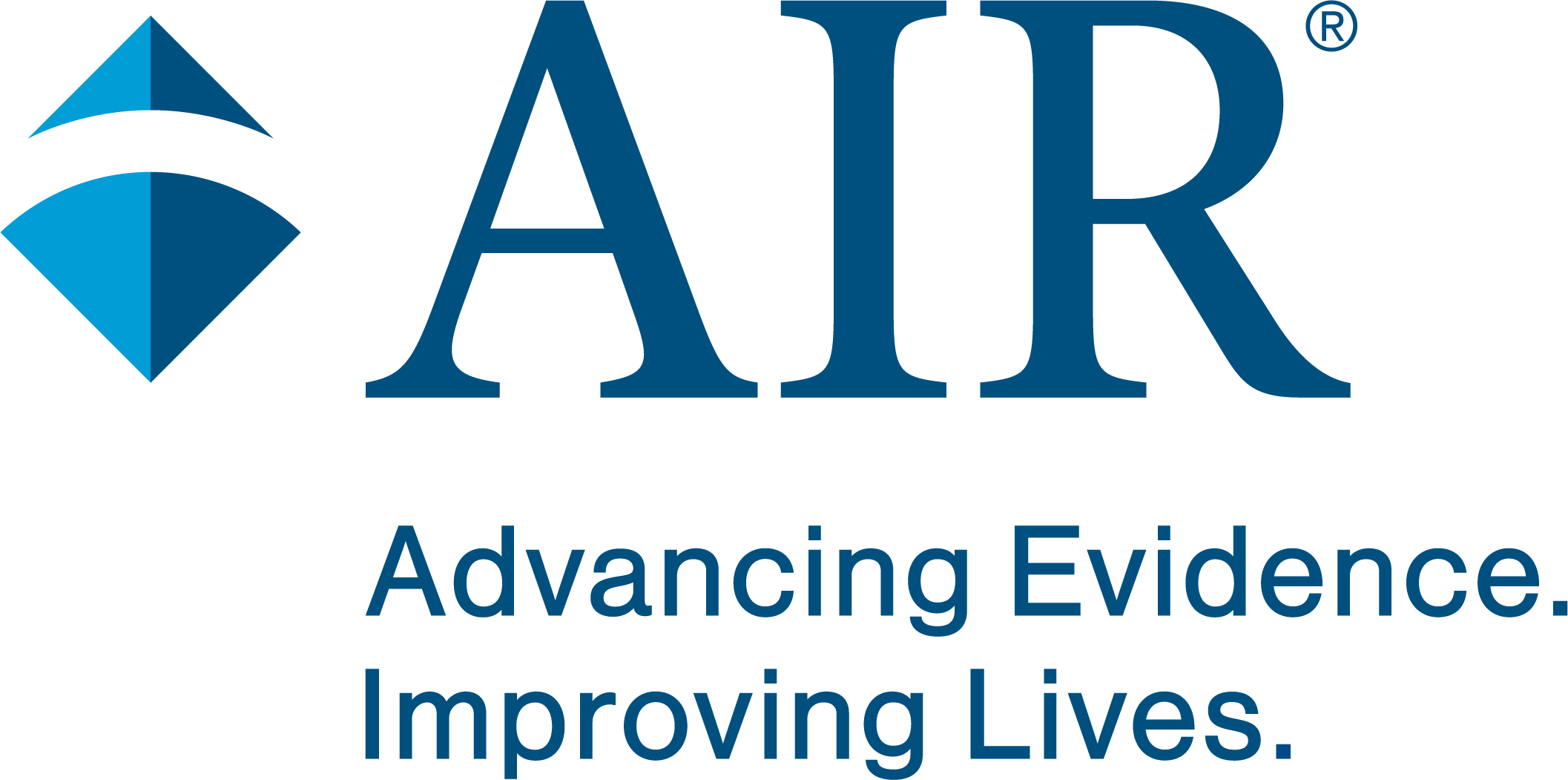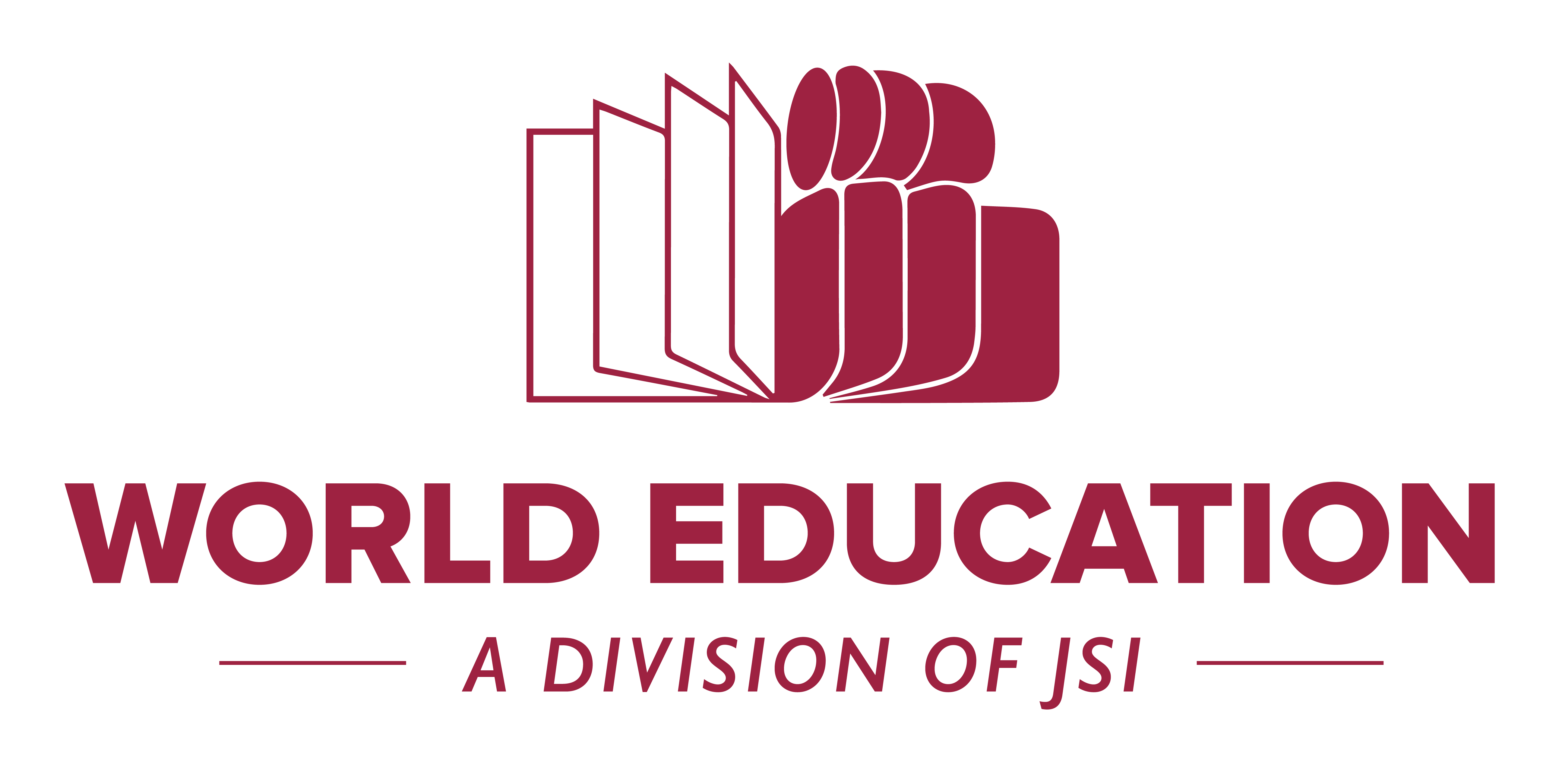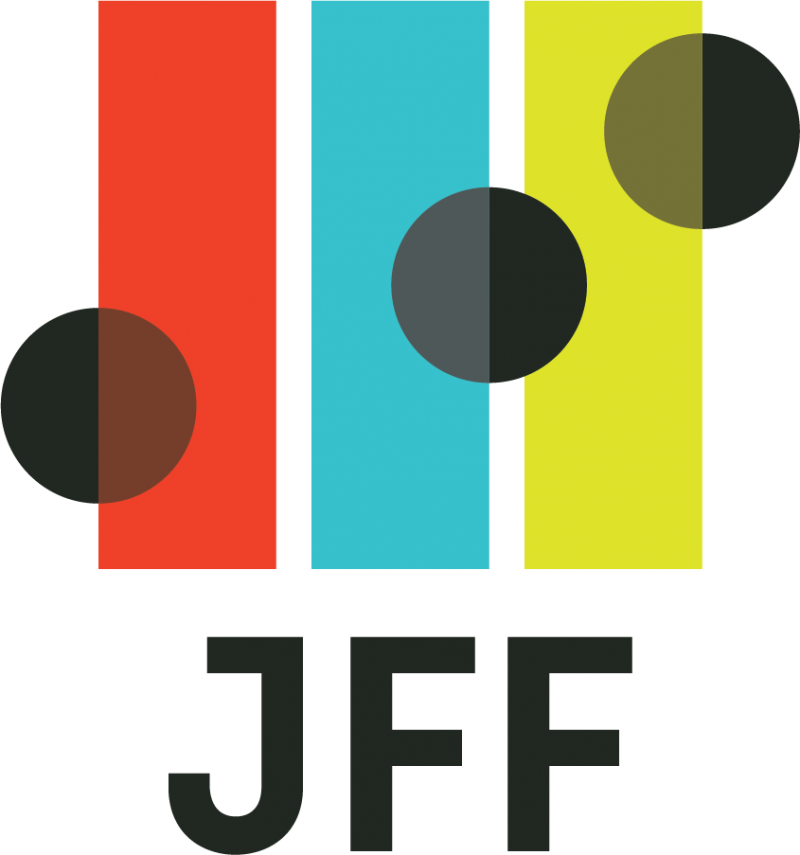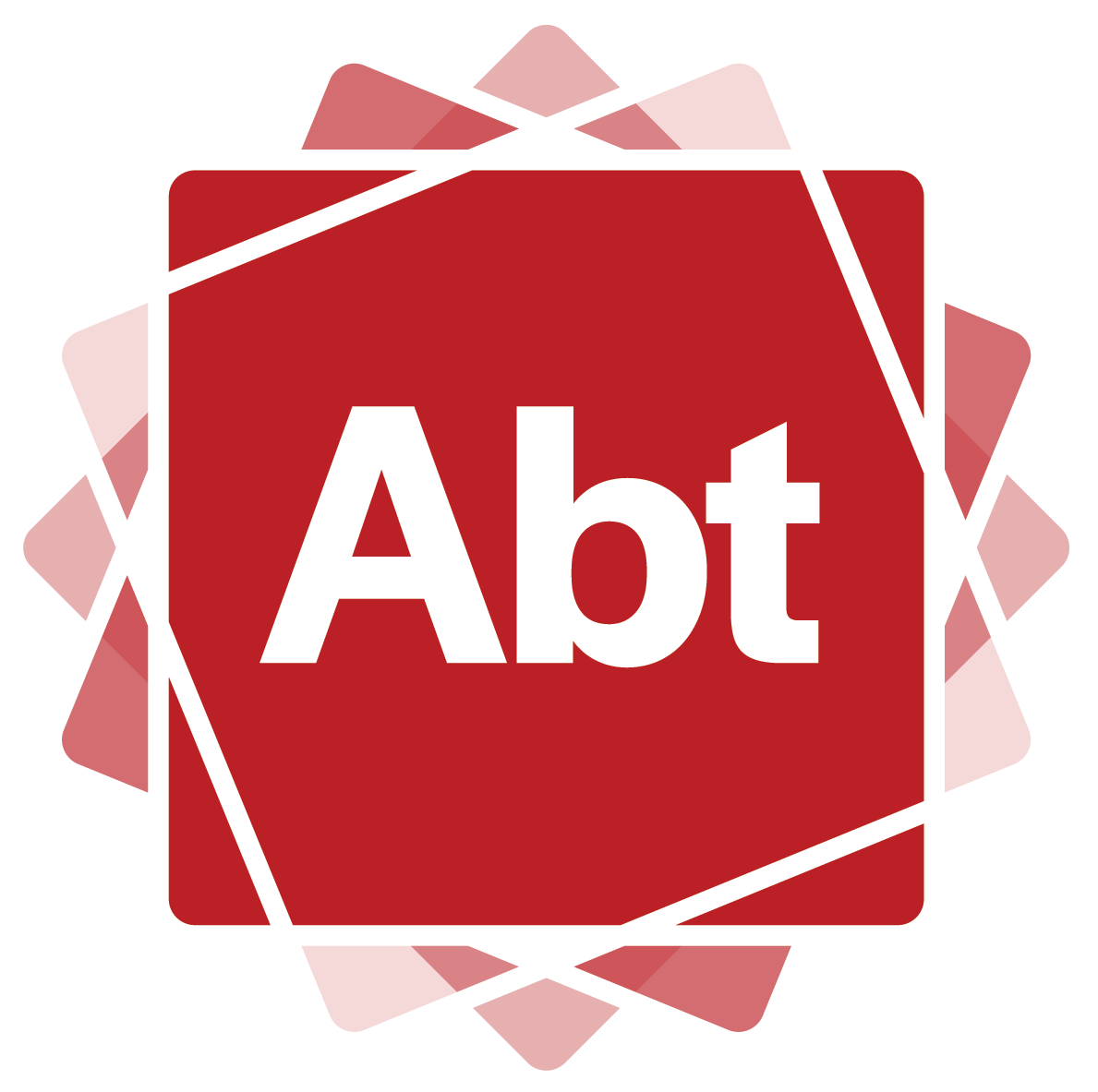 Led by WestEd, this Network research team is developing and pilot testing a technology-based numeracy course designed for adult basic education learners, along with a professional development program for course instructors.
Led by WestEd, this Network research team is developing and pilot testing a technology-based numeracy course designed for adult basic education learners, along with a professional development program for course instructors.
Partners in this work are World Education; the Pennsylvania Department of Education, Division of Adult Education; and Realizeit.
“Numeracy” is the ability to understand and work with numbers. “Digital literacy” is being able to understand online platforms and use them in everyday life, education, and work. Both are critical skills that adults need to succeed in secondary education and the workforce.
However, nearly a third of adults in the U.S. do not have sufficient numeracy skills. Even fewer have the digital literacy skills they need to perform important tasks in their daily lives.
The research team will create and pilot a ten-week course for adult learners called Adult Numeracy in the Digital Era (ANDE). This course will build on the evidence-based Carnegie Math Pathways Quantway courses.
ANDE will provide a personalized learning experience to develop numeracy and digital literacy. It will incorporate social-emotional learning, promote learner engagement and persistence, and support English language learners. ANDE can be delivered fully online or in a hybrid in-person/online format.
In addition to the course, the team will create a professional development program with instructional support materials to help instructors teach the course.
The research team will work with adult numeracy instructors to develop the ANDE course and professional development program.
They will test ANDE’s usability in a small number of classes and conduct feasibility and fidelity testing. The research team will use an iterative process to improve the course and the professional development supports.
The research team will then conduct a quasi-experimental study to see if the intervention holds promise for improving learners’ math and digital literacy outcomes. They will also measure learners’ opportunities for learning, course persistence, self-efficacy, and growth mindset. Finally, they will measure instructors’ mathematical knowledge for teaching and self-efficacy.
The products of this project will include: (1) a fully developed adult numeracy course and professional development program, (2) publications describing course design principles, components and implementation guidelines; and implementation and outcomes findings, and (3) presentations at national conferences and other events.
Please visit the Adult Numeracy in the Digital Era: Adaptive Technology for Quantitative and Digital Literacy project page on the IES website for a detailed project description. For more information about the project, please contact the Principal Investigator Ann Edwards.
This project is supported by the Institute of Education Sciences at the U.S. Department of Education through Award #R305N210029.

